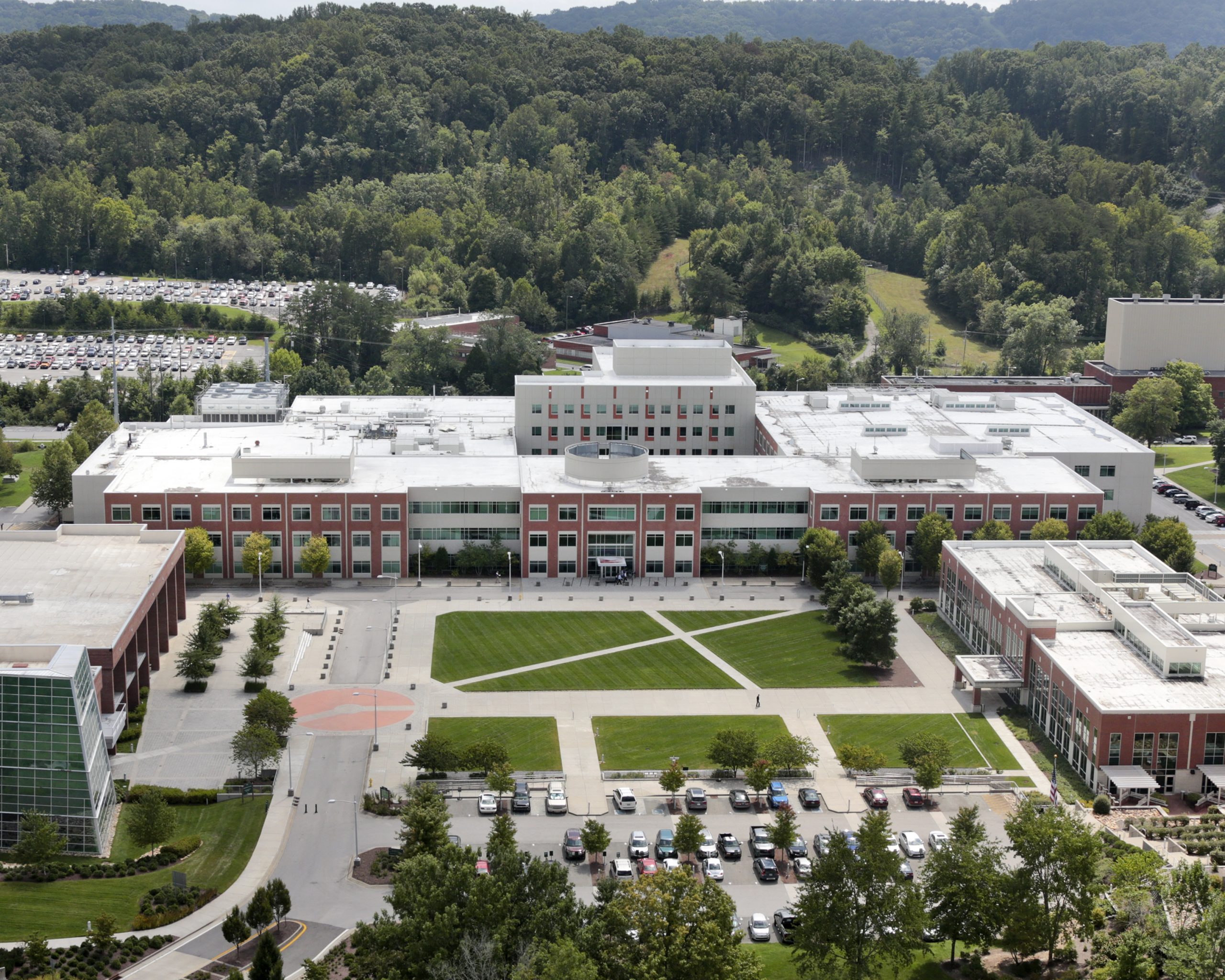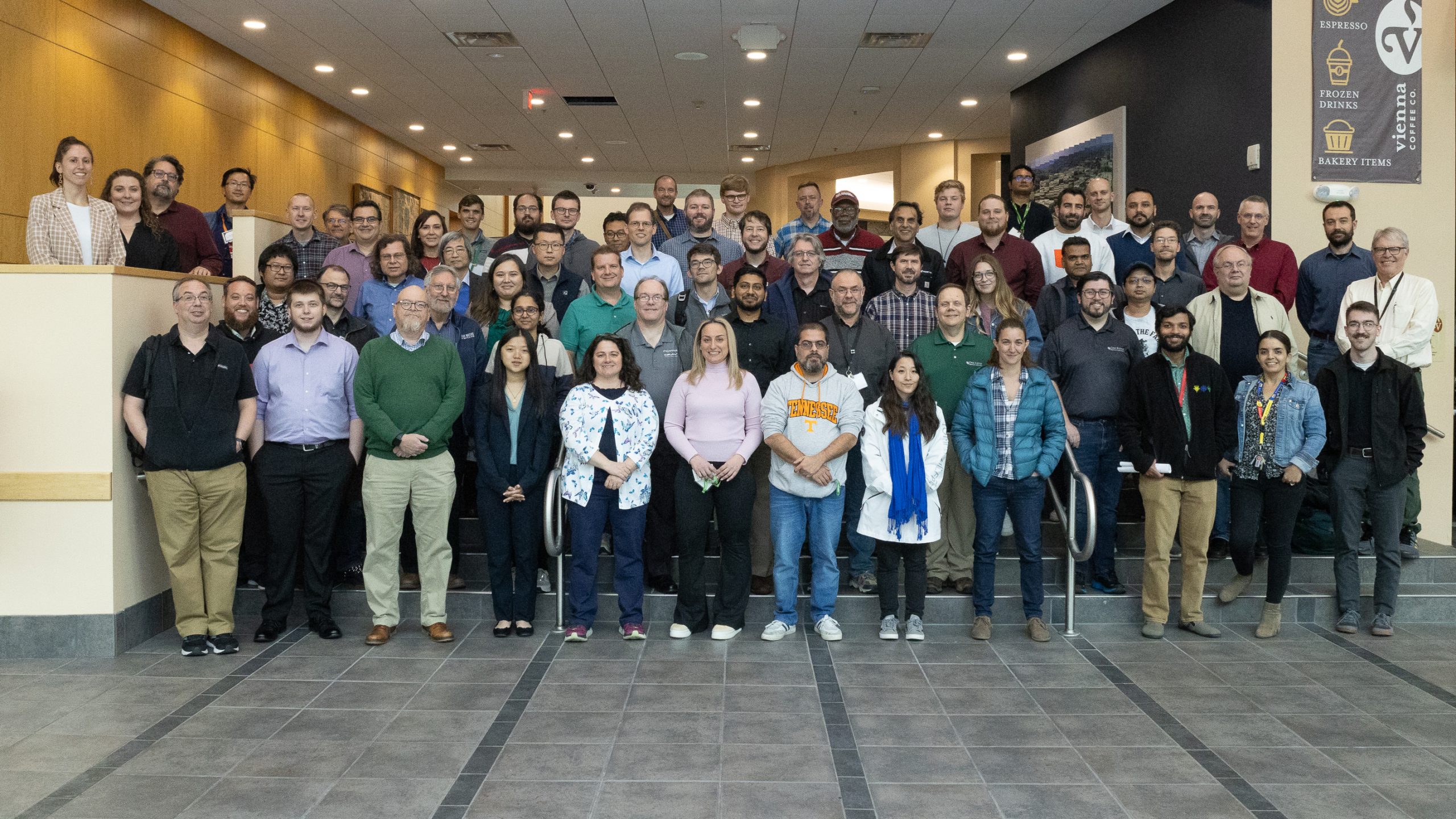Earlier this month, the Oak Ridge Leadership Computing Facility (OLCF), a US Department of Energy (DOE) Office of Science User Facility located at DOE’s Oak Ridge National Laboratory (ORNL), held its 16th annual user meeting, in many ways following in the tradition of previous user meetings at the OLCF. There was, however, a noticeable difference this year: Due to the COVID-19 pandemic, the OLCF’s 2020 User Meeting was held entirely online.
Held June 3–4, researchers from around the world dialed into the virtual meeting to connect with facility members and share cutting-edge science on high-performance machines like Summit, the OLCF’s 200 petaflop IBM AC922 supercomputer, which launched in 2018.
The first day of the meeting was geared primarily toward new users of the Summit supercomputer and covered topics such as OLCF best practices, a Summit system overview, job launching and scheduling, and general usage tips.
“The user meeting is a great way to both introduce new users to Summit and to foster strong relationships between OLCF staff and researchers,” said Ashley Barker, group leader for the OLCF’s User Assistance and Outreach Group. “Even though this year’s meeting was held remotely, we hope both new and returning users were able to interact with various members of the OLCF during the 2 day event.”
The meeting’s second day began with a welcome address from the newly named National Center for Computational Sciences and OLCF Director Gina Tourassi. She joined ORNL in 2011 as the director of the ORNL Health Data Sciences Institute and most recently led the Biomedical Sciences, Engineering, and Computing group.
“Throughout my years as a researcher, I benefited tremendously from OLCF resources that helped leverage supercomputers to advance my own research,” Tourassi said. “Now, being in this very different seat, I feel the responsibility to make sure the OLCF will continue to serve the scientific community even under these very unusual circumstances.”
In her address, Tourassi took time to recognize the work of OLCF researchers in combatting the COVID-19 pandemic, highlighting five projects using facility resources to study the virus in greater detail and explore new avenues of drug discovery.
Throughout the day, ORNL staff and researchers gave lab updates, provided information about new systems, and shared key successes from the past year.
Notably, OLCF project director Justin Whitt discussed Frontier, ORNL’s exascale supercomputer, scheduled for delivery beginning in 2021.
Whitt’s presentation covered Frontier’s architecture, highlighting the over 100 Cray Shasta cabinets that will comprise the exascale system, as well as the AMD EPYC processor and Radeon Instinct GPU accelerators within each node.
Also announced was Andes, a new OLCF analysis cluster that will serve as the successor to the Rhea cluster. Andes will use AMD EPYC 7302 CPUs over 704 total nodes, whereas Rhea featured Intel Xeon CPUs over 512 nodes.
Travis Humble, director of ORNL’s Quantum Computing Institute, introduced attendees to the OLCF’s new Quantum Computing User Program. The program, aimed at computationally intensive experimental research, gives users the opportunity to work with cutting-edge quantum resources from vendors like IBM, D-Wave Systems, and Rigetti Computing.
Other talks focused on the upcoming launch of the new MyOLCF, an improved web application that provides users a convenient method of managing their projects and allocations; Citadel, a secure framework for transferring and computing protected and sensitive health information on Summit; and the 2021 INCITE Call for Proposals, which will provide high performance computing allocations from both the OLCF and Argonne National Laboratory .
The meeting also brought changes to the OLCF’s User Group Executive Board, with four new members announced: Emily Belli, a research scientist at General Atomics; Scott Callaghan, a computer scientist at the Southern California Earthquake Center; André Walker-Loud, a staff scientist at Lawrence Berkeley National Laboratory; and Michael Zingale, an Associate Professor at the State University of New York who served previously as chair of the board. It was also announced that ORNL’s Sarat Sreepathi would succeed Michael Zingale as chair of the board.
The meeting’s full agenda, as well as videos and slides from each talk, can be found here.
UT-Battelle LLC manages ORNL for the Department of Energy’s Office of Science, the single largest supporter of basic research in the physical sciences in the United States. The Office of Science is working to address some of the most pressing challenges of our time. For more information, please visit https://energy.gov/science.






